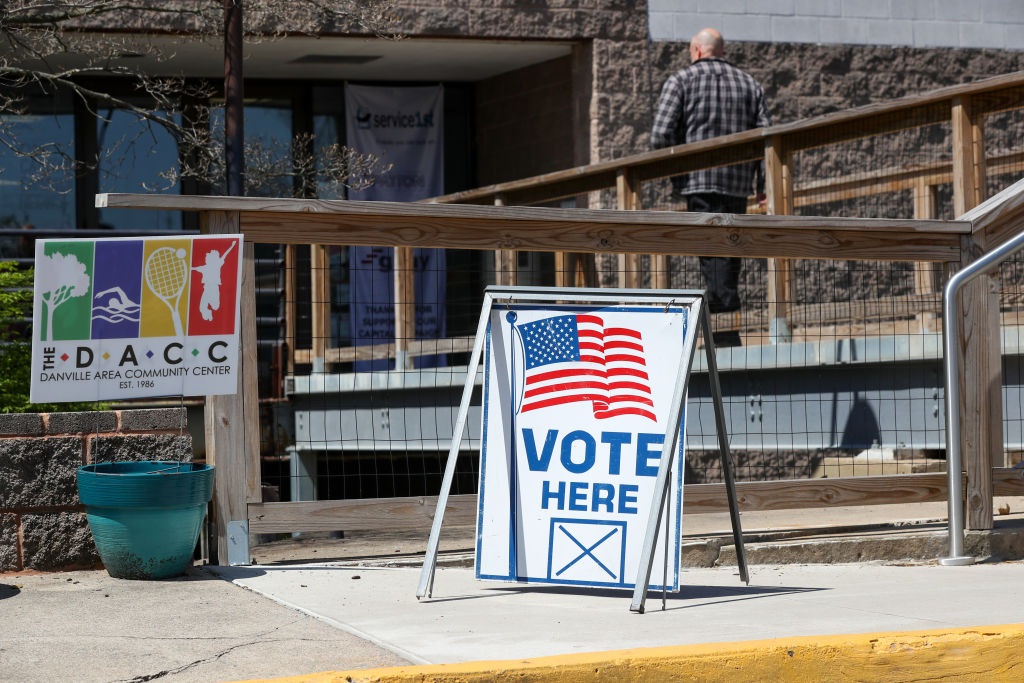There is an inherent problem with polling – and that goes double for surveys that could benefit a presidential campaign. A casual observer of the news might think the 2024 polling data resembles the final match at Wimbledon, with leads switching at an almost uncountable pace. But therein lies the rub; not all polls are created equal, and interpretation is more often in the eye of the purveyor than the beholder. As Hamlet noted to his trusty friends: “There is nothing either good or bad, but thinking makes it so.”
Polling Predicts?
One poll does not a contest decide. Rather, an amalgam of surveys suggest a trend in one direction or another. The confusion arises when the Fourth Estate declare that a candidate has taken a lead based on a single poll. No sooner is such victory announced, yet another poll causes whiplash among the trusting audience.
 So, what are the main elements that make for good polling, and more importantly, signify a consistent trend? And what happens when we filter for only the most reliable surveys?
So, what are the main elements that make for good polling, and more importantly, signify a consistent trend? And what happens when we filter for only the most reliable surveys?
Survey Size: The bigger the better is the rule for polling. The more people you ask, the greater sample size, the more accurate the data. For example, a Pennsylvania polling firm, Franklin and Marshall, recently released its survey showing that President Biden was ahead of former President Trump by a whopping ten points. This swung the average of polls briefly in favor of the incumbent. The problem was, according to Real Clear Politics, that it consisted of just 431 people, giving it a margin of error of 6%.
Margins of Error: If polling has a margin of error over 3.5%, just how reliable is it? Consider this: If a survey says candidate A is ahead of candidate B by two points, but the error margin is four points, that suggests the final results could fall between candidate A winning by six points or losing by two points. Essentially, when the numbers are close, this crucial margin needs to be as low as possible to make the data reliable.
Registered or Likely: Pollsters select either registered voters or likely voters to participate. But just because someone is registered to vote in an election it does not mean that they will, or, in fact, have any intention of doing so. If we consider that in this next election, both major party candidates are wildly unpopular, the likelihood of voters just not showing up increases greatly. That’s why likely voters are considered the gold standard of polling.
The King of Polling
So what happens when we filter polls for reliability?
First, we take all the polls from March and April and look only at those that consider likely voters. This gives Donald Trump an average polling lead of 4.6%.
Next, what if we only count polls in the same time period that have at least 1,300 participants? In this case, we find that Trump leads by a margin of just 0.2%.
Then, we can also run a filter for just those polls that either have a margin of error that is no greater than 3.5% or have not included the number. Here we find that Trump has the edge by 0.8%.
Finally, we can filter by all three metrics. This ultimate tally of polling hands Donald Trump a national lead of 4%, which, notably, is rather close to his figures for polling in battleground states.
Junk Serves a Purpose
One might ask why there are so many polls – 37 major ones since March 1 – and the answer would most likely be two-fold. First, without a broad data set, the information is essentially anecdotal with little predictive value. But the second, more significant reason is that it allows Fourth Estate pundits and candidates to produce “facts” that can be used to benefit their particular brand of spin.
As the saying goes, “knowledge is power,” but polling remains – for the most part – the art of political persuasion.




